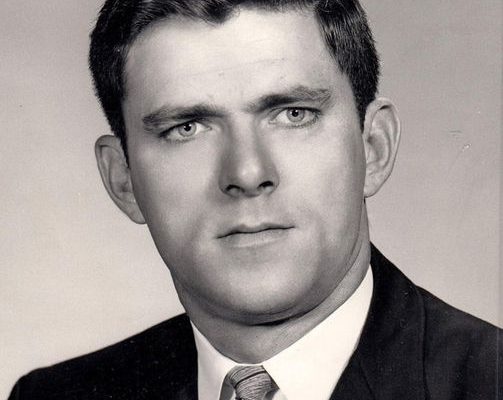Phil Donahue’s career in broadcasting began at KYW radio and television in Cleveland, where he honed his skills as a news anchor and reporter. It was in Dayton, Ohio, however, that Donahue’s true passion for creating an engaging and interactive television format truly blossomed.
In 1967, Donahue launched “The Phil Donahue Show,” a groundbreaking talk show that would go on to become a national phenomenon. Unlike traditional news and interview programs, Donahue’s show was known for its audience participation and candid discussions on controversial topics.
Donahue’s empathetic interviewing style and willingness to address taboo subjects earned him widespread acclaim and numerous awards, including 10 Emmy Awards for Outstanding Talk Show Host. He provided a platform for discussing critical social issues such as civil rights, feminism, and mental health, often giving a voice to marginalized communities.

Donahue’s innovative approach to television transformed the landscape of the medium. He is credited with revolutionizing the talk show format, inspiring a generation of television hosts to follow in his footsteps. Donahue’s show moved from Cleveland to Chicago in 1974 and later to New York City, solidifying its status as a national sensation.
Throughout his illustrious career, Donahue remained committed to using his platform to advocate for social justice. He produced and hosted documentaries, including the anti-war film “Body of War” in 2007, further demonstrating his dedication to addressing complex societal issues.
In 1980, Phil Donahue married actress Marlo Thomas, and together, they have been involved in various philanthropic efforts, particularly with the St. Jude Children’s Research Hospital, founded by Marlo’s father, Danny Thomas. Donahue also has five children from his first marriage to Margaret Cooney.

Phil Donahue’s impact on television and society is undeniable. He opened up new avenues for public discourse and set the standard for talk shows that followed. His legacy continues to influence the media landscape, reminding us of the power of open conversation and empathy in addressing complex issues.
Phil Donahue’s pioneering work on “The Phil Donahue Show” has left an indelible mark on the television industry and the broader cultural landscape. His empathetic interviewing style, willingness to tackle taboo subjects, and commitment to social justice have made him a true icon in the field of broadcasting. Donahue’s enduring legacy serves as a testament to the transformative power of television and the role it can play in shaping societal conversations



